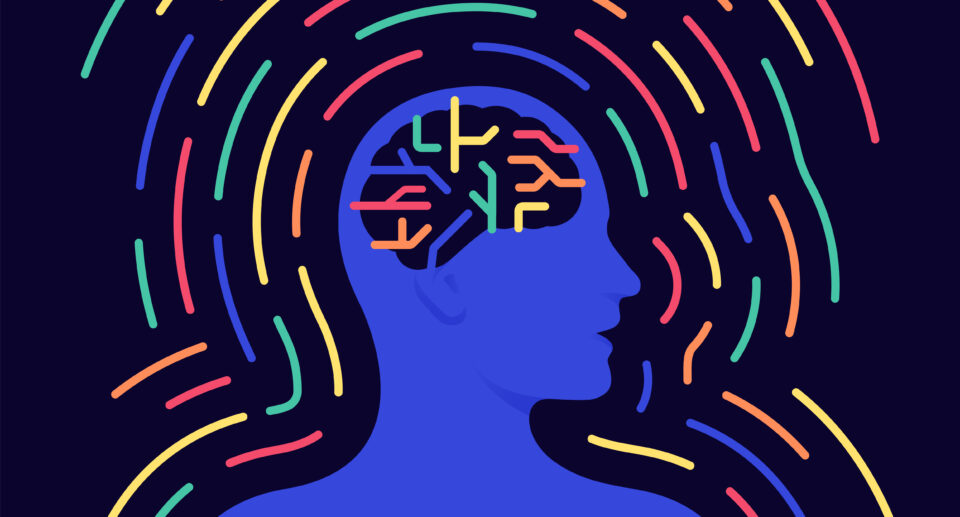The Mind-Body Connection in Treating Illness


Traditional medical practices have long separated mental and physical health, often leading to fragmented care. Recent insights highlight the interconnectedness of the mind and body in the experience and treatment of illness. For instance, chronic pain can affect the brain, leading to persistent pain sensations even after the initial cause is treated. This underscores the need for a holistic approach that incorporates both mental and physical health strategies.
Functional neurological disorder (FND) exemplifies a condition that straddles the divide between mental and physical health, often resulting in misdiagnosis or disbelief from healthcare providers. Adopting a comprehensive treatment approach that includes cognitive, emotional, social, and physical interventions can improve patient outcomes. Utilizing the brain’s neuroplasticity and predictive processing through treatments like cognitive-behavioral therapy (CBT) and mindfulness practices offers promising avenues for patient care.
All illnesses entail both physical and mental aspects, and current medical practices that separate the two are outdated.
In conclusion, bridging the gap between mental and physical health in medical practice is crucial. A holistic approach that acknowledges their interconnectedness can lead to more effective treatments and better patient outcomes.
Citation:

A significant debate has emerged regarding the apparent increase in mental health issues, particularly
In recent years, concerns have been raised about the potential negative effects of digital
